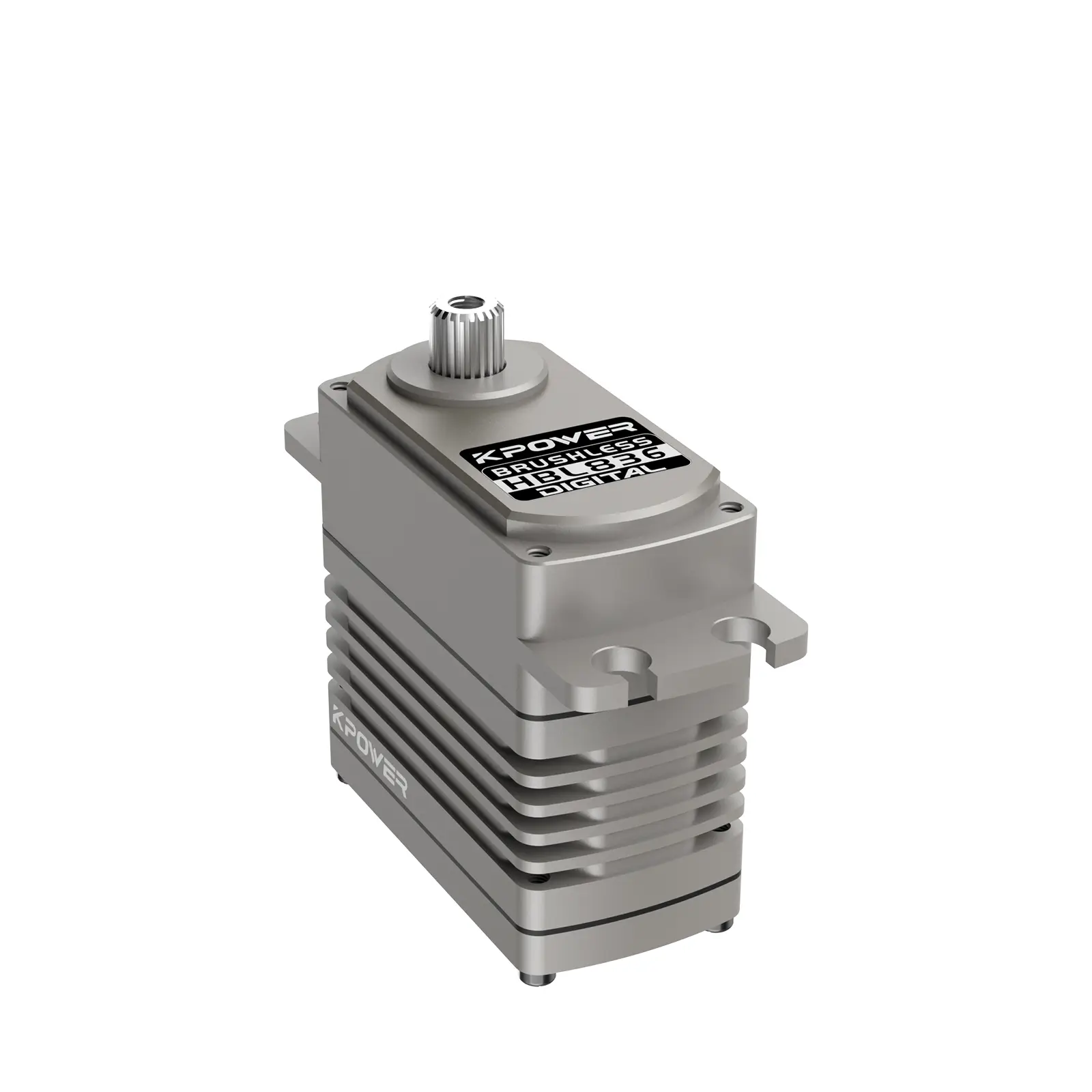Ever wonder what it takes to make a machine move with precision and confidence? That’s where the humble yet mighty servomotor comes into play. You can’t just slap any motor in and expect it to perform seamlessly — that’s where understanding the mesures de un servomotor becomes a game-changer.

Think of a servomotor as the brain behind intricate movements. It’s designed not just to turn or spin but to do so with finesse. Whether you’re talking robotics, CNC machinery, or automation in manufacturing, measuring its power, responsiveness, and efficiency keeps everything running smooth. But what exactly gets measured? Torque, speed, and stall torque are obvious. Yet, the real magic is in how these figures translate to real-world performance.
Let's talk torque for a sec. Imagine trying to tighten a bolt, but the motor keeps slipping — it’s frustrating, right? That’s when knowing the torque capacity of the servomotor helps you choose the right fit. Too weak, and your project stalls; too strong, and you waste energy or risk damage. Precise measurements tell you if the motor can handle peak loads efficiently, especially during sudden starts or stops.
Speed, on the other hand, is all about how quickly that motor reaches its target position. Precision is key here. Some projects demand milliseconds of accuracy. And users often ask: “Will this motor keep up with my pace?” The answer lies in analyzing acceleration and deceleration rates — how fast it reaches full speed without jittery movements.
Responsiveness, or the ability of the motor to adjust instantly, ties into dynamic measures — basically, how well it reacts to control signals. With modern feedback systems, you can measure how closely the motor follows commands. This prevents overshoot or lag, and that’s a big deal in applications like robotic arms or 3D printing.
Now, a quick question that pops into most minds: “Can I just pick a motor based on its specifications?” Not quite. You need to see these mesures de un servomotor holistically. For instance, a motor with high torque but sluggish response isn’t ideal for high-speed tasks. It’s like choosing a sports car just because it’s fast; you also want control and agility.
When you consider all these measures, it’s no longer guesswork. You’re armed with data—facts that determine the best motor fit for any job. And trust me, companies that pay attention to these details don’t just get better results; they stand out from the crowd.
Because at the end of the day, a servomotor isn’t just about spinning; it’s about creating a symphony of movement — smooth, precise, reliable. When you understand what to measure, everything else falls into place. It’s not magic, just smart engineering. And that’s what makes all the difference.
Established in 2005, Kpower has been dedicated to a professional compact motion unit manufacturer, headquartered in Dongguan, Guangdong Province, China. Leveraging innovations in modular drive technology, Kpower integrates high-performance motors, precision reducers, and multi-protocol control systems to provide efficient and customized smart drive system solutions. Kpower has delivered professional drive system solutions to over 500 enterprise clients globally with products covering various fields such as Smart Home Systems, Automatic Electronics, Robotics, Precision Agriculture, Drones, and Industrial Automation.




































